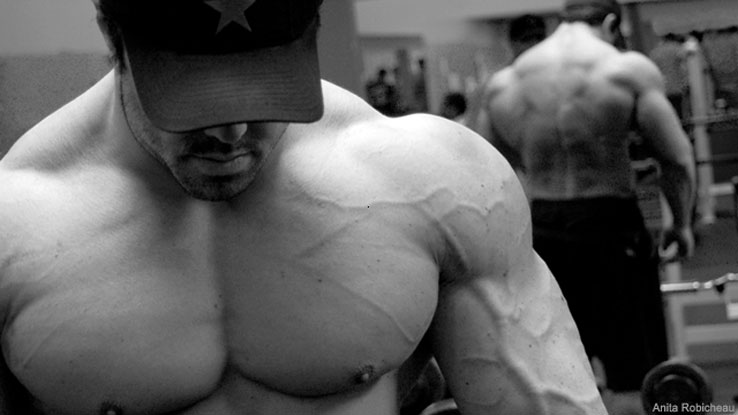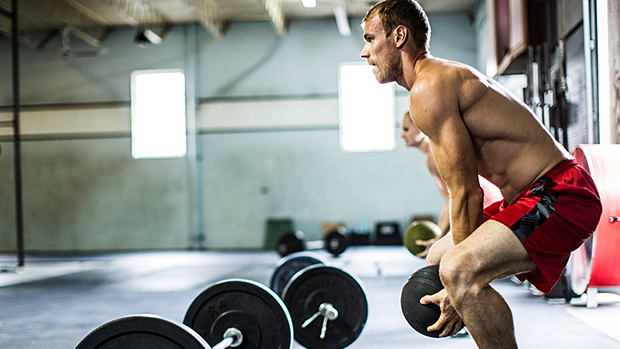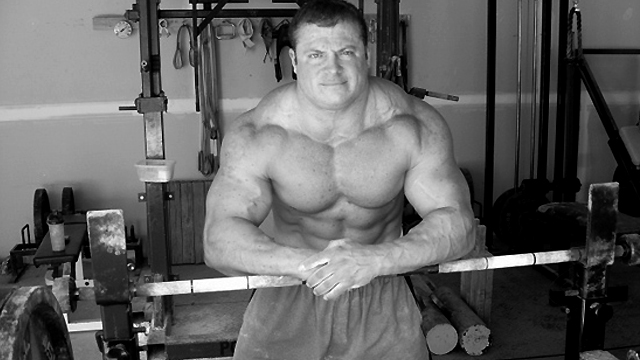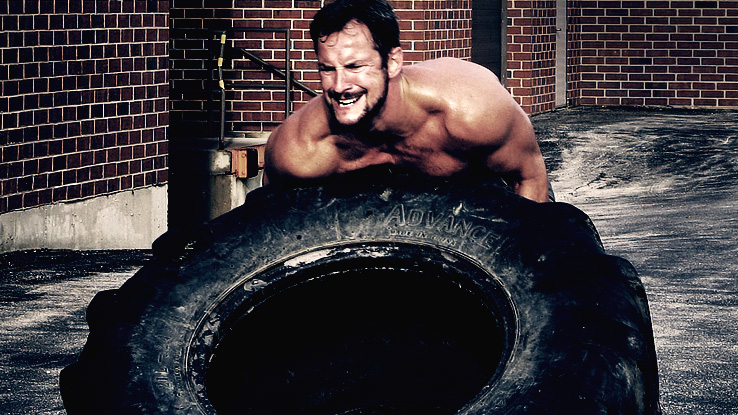Here's what you need to know...
- Athletes take steroids to get strong. Period.
- Many athletes turn to steroids because their coaches have failed to teach them the value of simple linear strength progression.
- Since basic barbell training has been replaced by dance routines and "functional" exercise, athletes look to steroids to fill the gaps.
- The strength coaching profession is partly to blame because coaches have failed their athletes.
The Real Purpose of Steroids
Athletes take steroids to get stronger. That's the only reason they take steroids.
Bodybuilders take steroids to build muscle mass and preserve it while they drop body fat, but athletes take steroids to get strong. They work by aiding in recovery so that harder training can be done, speeding the healing of injuries, and by making muscles bigger.
There are no technique steroids. There are no speed steroids. No quickness, agility, endurance, or field sense steroids.
Steroids don't make athletes more "athletic" – they make athletes stronger, which makes them better athletes, and that's why so many athletes take them.
Taking steroids these days presents a profound risk to an athlete's career if he's caught. The United States Senate – the upper chamber of the Congress of the United States of America, for God's sake – has actually involved itself in the matter.
So why is it worth the risk, and why do athletes continue to provoke the righteous indignation of pompous, self-serving, pathetic morons like Senator John McCain by taking steroids?
Because strength is important to sports.

Strength and Athleticism
In some cases and in some sports, strength may even be more important than "athleticism." And in the absence of accurate professional guidance about how to get stronger without them, athletes take steroids to get stronger, because they work very well for that purpose.
But so do squats, presses, and deadlifts, and they're not illegal.
Therefore, I have a question: How many athletes who take steroids have actually tried an effective barbell strength training program first?
In other words, how many athletes who risk their careers – by potentially exposing themselves to the pious, self-congratulatory theatrics of the sports broadcasting community (who spent 4 weeks during the summer of 1988 explaining to every high school kid in the world that all you have to do to beat Carl Lewis is take steroids), the league's Suits, the legal system, and The Congress of the United States of America – have actually done so because of either laziness or faulty professional guidance?
Squats, presses, and deadlifts, when programmed correctly, make everybody stronger.
High-level athletes are especially gifted with the genetics for power and explosion, and these individuals are also the people who make the most rapid progress when trained for strength correctly.
The ability of a gifted young man to get markedly stronger under the bar in a short period of time must be seen to be believed. In fact, effective barbell training works so well that its results are often attributed to steroids by people who are ignorant of the process.
It's common for athletes who have never gone through the process of a simple linear strength progression to see squat strength double, and deadlift strength more than double, in a period of weeks. Bodyweight-on-the-bar presses overhead can be achieved just as quickly. Without steroids.
But instead of effective strength training, modern S&C coaches all too often default to Physical Therapy for their exercise programs.
Light-weight balance problems instead of strength PRs, unilateral dumbbell exercises and constant variation instead of steady upward progress on basic strength exercises, and quarter squats – "because, after all, you don't use the full range of motion on the field" – are the norm today.

This has left many athletes in an untenable position: they know that stronger athletes perform better, they know they're not strong enough, and they know their "strength" program is not producing results.
So they take steroids.
Because they work quite well, because most other high-level athletes are using them, and because too much is on the line to risk not taking them. Because you have to be strong to keep your job.
The Barbell Solution
But what if athletes' Strength & Conditioning people were better at making them strong? What if this process started the day these kids make varsity in high school and continued throughout their careers in athletics?
What if every lineman and linebacker in the NFL could squat at least 550 below parallel, deadlift at least 600, and press their bodyweight plus 50 pounds overhead, as a result of systematic strength training instead of steroids?
For athletes of this caliber, these numbers are not at all remarkable and do not represent a strength specialization. For athletes of this caliber, these numbers should be baseline, and should be the result of training, since they can be.
Increases in strength are empirically measured by the amount of weight lifted over a defined range of motion.
Full squats, deadlifts, presses, and bench presses are the obvious choices because they can be easily assessed, and because these movements also work a lot of muscle mass over an effective range of motion, allowing the athlete to lift progressively heavier weights and thus grow stronger.
These basic barbell exercises have the potential to be improved upon for years, thus making them the logical basis of a career-long program of strength training.
But with the recent emphasis on dance routines instead of actual strength work, it's doubtful that anything positive will happen anytime soon.

Who's to Blame?
This is indeed a dark time for the strength coaching profession, with lots of new excuses to avoid getting everybody's deadlift strong being invented every week.
Head coaches, strength coaches, assistant strength coaches, and many athletes have bought into the notion that "functional" is better than strong... except that it's not, so many athletes take steroids.
At some point, blame will be assigned correctly, and things will be ripe for improvement.
Until then, every time you hear about an athlete in professional sports using steroids, reflect on the importance of strength for that athlete, and how steroids came to be used instead of the training he should have been offered.





